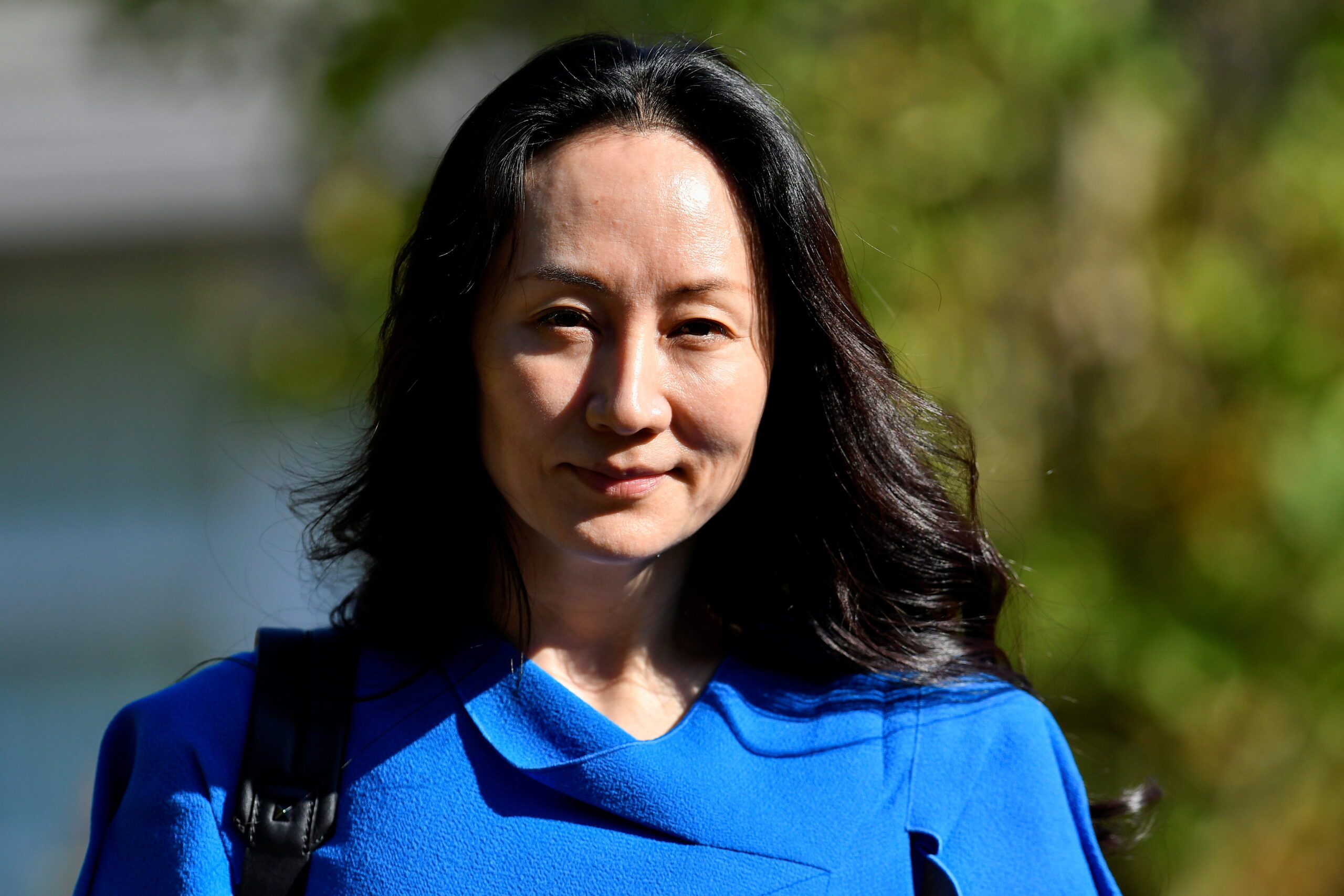Huawei’s Chief Financial Officer, Wanzhou Meng, has admitted to her role in a scheme to defraud a global financial institution. Meng entered into a deferred prosecution agreement to resolve charges of conspiracy to commit bank and wire fraud. She was arraigned in federal district court in Brooklyn.
Meng’s admissions confirm the government’s allegations that she and other Huawei employees deceived global financial institutions, the U.S. government, and the public about Huawei’s activities in Iran. She made multiple material misrepresentations to a senior executive of a financial institution in an effort to preserve Huawei’s banking relationship with them. The truth about Huawei’s business in Iran, which Meng concealed, would have been important to the financial institution’s decision to continue its banking relationship with Huawei.
The deferred prosecution agreement will lead to the end of the ongoing extradition proceedings in Canada. Meng was arrested in Vancouver in December 2018, at the request of the U.S. government, and has been fighting extradition ever since. This agreement will save time and resources that could have been spent on the lengthy extradition process.
Meng’s admissions are evidence of a consistent pattern of deception to violate U.S. law. Financial institutions are the first line of defense in maintaining the safety and security of the U.S. financial system. Companies who avail themselves of the U.S. financial system must provide truthful information about their business operations. Meng’s failure to tell the truth about Huawei’s operations in Iran resulted in the financial institution continuing to do business with Huawei in violation of U.S. law.
The U.S. government’s prosecution team continues to prepare for trial against Huawei. They look forward to proving their case against the company in court. The FBI will continue to investigate companies doing business in the United States when there are signs they behave with contempt for U.S. laws.
